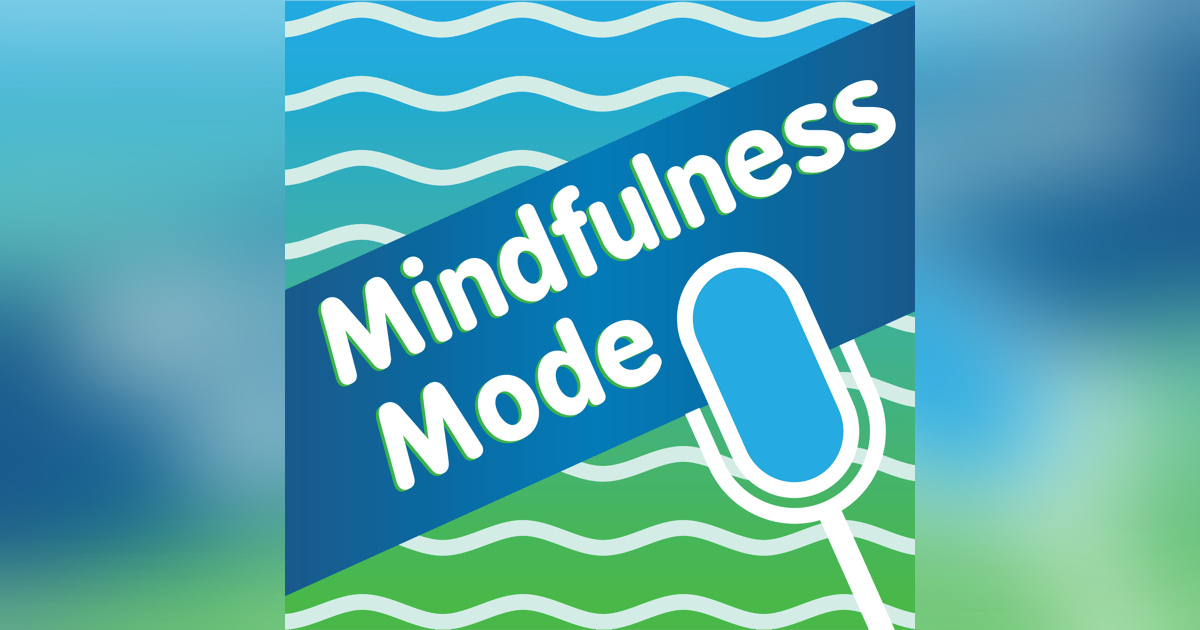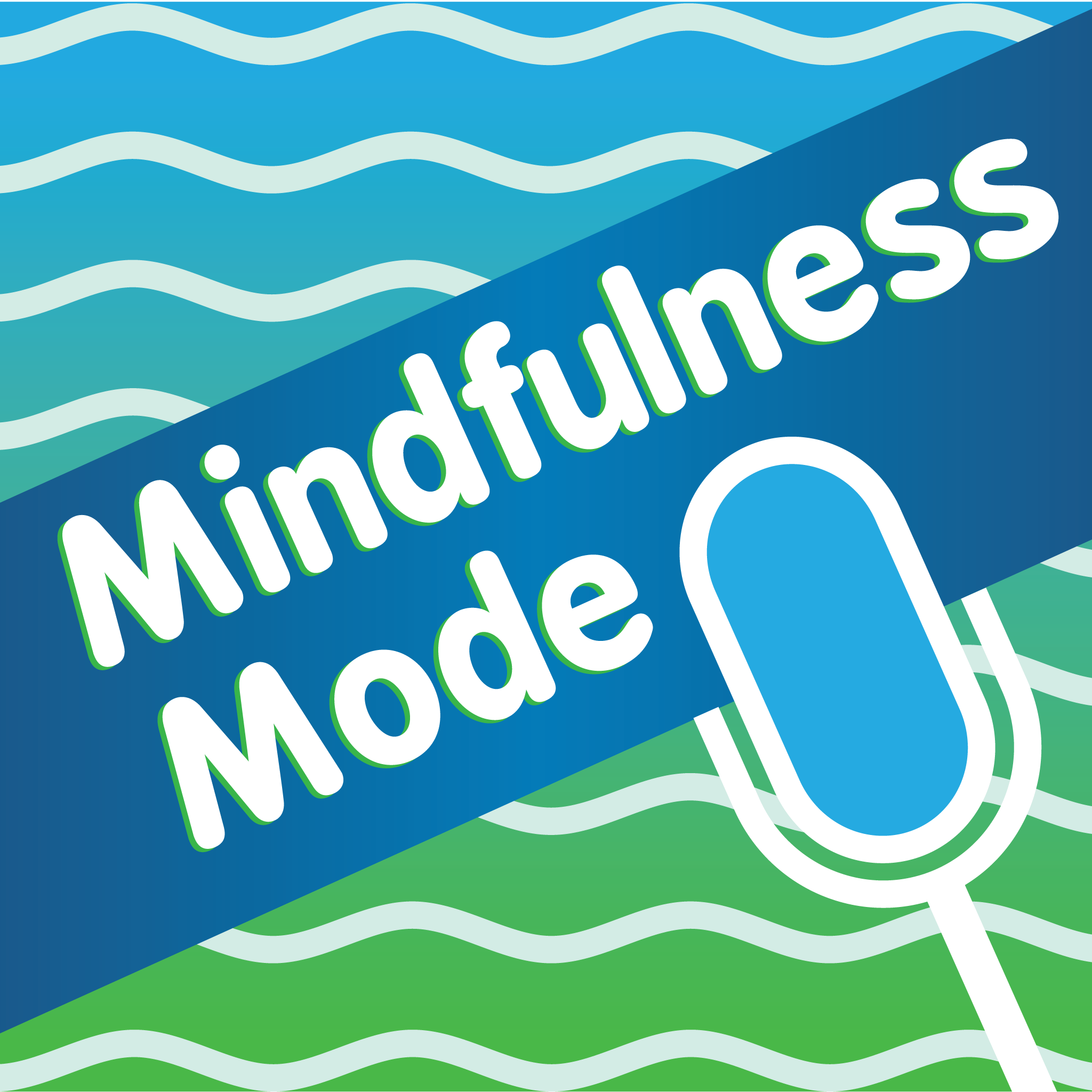Strengthen Your Hope Muscle


Strengthen Your Hope Muscle, is the name of today’s episode. What is hope anyway? What does that word mean to you? Hope can be defined as a feeling, state of mind or belief that something good will happen. Whether it's in the future or right now, hope has many benefits for your mental health.
On this episode, I'll explore some of these benefits and then talk about some specific ways you can train your brain to operate with hope!
Hope is a powerful emotion; it’s a feeling that can inspire and motivate you to get up, keep going and not give up. Hope is what keeps us alive when we’re fighting a battle that may seem senseless. But where does hope come from? Is it something we create for ourselves or is it something that exists in the world independent of us? Hope can have different meanings depending on who you are. Hope can definitely affect your mental health.
There’s a phrase you might have heard, especially if you’re in business or you’re an entrepreneur. It’s Hope marketing is when you see what others are doing in your marketplace or in another marketplace and you try and repeat it. You try to take what you see others applying successfully and copy it with the hope that it will work for you.
This is an example of where the word hope has a negative connotation. Hope marketing is a concept that’s frowned upon and I think it has given the word hope a bad rap.
So what does hope mean in your world? This is a question that we all should ask ourselves.
Here are some of my favorite quotes about hope: “The soul cannot live without hope” (Thomas Aquinas), and “Hope sees best in the dark” (Robert Burns).
Although the word hope isn’t in the quote, I think this quote by Thich Nhat Hahn is relevant: “In order for one to have true peace of mind, he or she must be able to let go of everything—to give up any attachment whatsoever.”
Jon Kabat Zinn says that “hope is not an emotion but rather something more active and engaged-a way of being present in life.”
Science has shown that hope helps with mental health, and there are statistics on how hopeful people live longer lives than those without any hope at all!
In a 2017 study, psychologists found out that hope protects the brain against anxiety and expanded our understanding of how that may be happening. Because hope is considered a stable personality trait, they reasoned, they might be able to figure out where in the brain they can find hope functioning. They were able not only to pinpoint where hope might potentially reside within the brain, but realized how hope may be shielding the brain from the effects of anxiety.
The scientists defined hope as an important topic in positive psychology, referring to an individual's “goal-oriented expectations” that include both agency (desire to achieve goals) and pathways (finding ways to achieve them).
The researchers used fMRI imaging on 231 high school students [from Chengdu, China] who were tested according to questionnaires using the DHS hope scale and the Stait-Trait Anxiety test.
So sit with the word hope for a minute. What does hope mean to you? Is it a feeling, a state of mind, or something else? How do you know when someone is hopeful? The word “hope” comes from the old English word for ‘to desire' which means that hope could be seen as a longing for what might happen in the future. It's important to find out how people define this abstract idea because how you define the word is crucial as to whether it carries a strong, positive connotation, or a more negative connotation.
I think back to when I read the book, Man’s Search For Meaning, by Victor Frankl. He was a prisoner in a Natzi concentration camp during WW II, and he decided to remain hopeful, even though most people would agree, he was not in a very hopeful place. A lot of people around him had given up hope. He didn’t. He stuck to his theory that the primary human drive is not pleasure, as Freud maintained, but rather the discovery and pursuit of what the individual finds meaningful.
To me, this book is largely about hope and clinging to the belief that inspiration can come from within.
This is a ‘must-read’ book – there are over 30,000 reviews on Amazon. Anderson Cooper says: “This is a book I reread a lot . . . it gives me hope . . . it gives me a sense of strength.”
Personally, I belief in hope. The word is powerful to me and it inspires me to keep going, to continue to help spread the idea of mindfulness to the world, to help encourage those who are bullied. If you’re being bullied, or you’re hearing bullying self-talk in your mind, it’s even more important to belief in hope and make the decision to confidently grab onto hope and move forward.
On Friday, I interviewed a Hopeologist. She is also the person who was responsible for having the month of April Declared The National Month of Hope, first back in 2018. She also wrote a book called: As Long As There is Breath In Your Body, There is Still Hope.
Her name is Dr. Rosalind Tompkins and it was an absolute honor to spend close to an hour talking with this inspirational woman.
She spent 12 years, from age 12 to 24, addicted to substances, and then she was able to pull herself up and carve a positive life out where she was helping and inspiring hundreds and thousands of other people. She had HOPE. She thought it, she acted on it, and she lived it. Then she founded the non-profit organization, Mothers in Crisis, Inc., an organization committed to linking families and communities together to provide networks of support and encouragement for families to live productively, empowered, hope-filled lives. She wanted to help mothers who were addicted like she had been. She wanted to give them hope and a new lease on life.
I plan to publish Dr. Tompkin’s interview in mid June, but I’m going to share a clip from the interview now. Here are 5 Ways Dr. Rosalind Tompkin suggests you Train Your Brain For Hope.
Make it a habit to consistently take breaks that focus on hope. Do this everyday and it will become natural and easy.
2/ Go To A Quiet PlaceBreathe and relax. Take five to ten deep deaths and enjoy the peace, being quiet and alone. Once you breathe and get the rhythm flowing, enjoy the space.
3/ Think of the Best Case ScenarioBegin to think, I'm going to make it. The doors are going to open. Think of the most positive outcome that could possibly happen. See it in your mind's eye.
4/ Speak It OutMake affirmations and say it out so your ears can hear what you're saying.
5/ RepeatContinue to repeat this process as often as needed. Once you begin to do this, it's amazing how much easier it becomes.
Suggested Resources- Book: As Long As There is Breath In Your Body, There is Still Hope by Dr. Rosalind Tompkins
- Book: Man’s Search For Meaning, by Victor Frankl
- App: Insight Timer